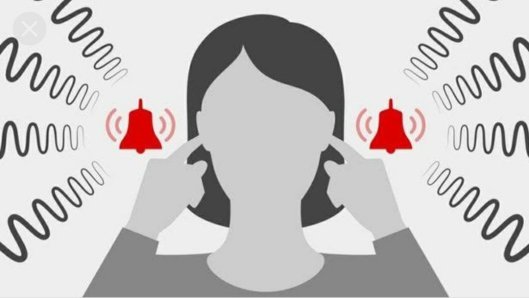19 Friday
July 2019Is the noise getting to you?
MONTHLY ARCHIVES: JULY 2019
When you walk out of your house after a night’s rest, the first sound you hear is likely to be a loud horn. Welcome to a day in India. You stop at a traffic light and before it turns green there will be a cacophony of horns reminding you to move.When you alight from your car at the market or office , when you try to cross the road, when you are driving in your lane…. you will hear the horn.

Loud noises are such an integral part of Indian roads that if one day I didn’t hear a horn, I would probably check my ears for hearing loss. The horn is an extension of the hand that drives, whether a bike or a car,it is assumed that you have every right to display your impatience on the road. Not just while overtaking or at intersections, the horn is sometimes blown to transmit your sense of urgency.Not one thought is given to the fact that you are sending out a noise of more than 90dB, causing trauma to your body and to everyone around within hearing range.
The ambient noise recommended by the WHO is 53dB on the roads in the daytime and 43dB at night. On Indian roads, the ambient noise ranges from 65dB to 122dB, the noisiest being Mumbai during Ganesh Mahotsav.
The supreme court has repeatedly given instructions to remove all loudspeakers from places of worship. Fearing a backlash from various religious groups, this is hardly implemented.The hon. court’s orders of absolutely no loudspeaker usage after 10pm is also rarely enforced by the police.

Why do we talk about noise levels?Silence is very important for our bodies. Exposure to loud noises has a direct impact on our hearing. In a recent multi centre study by the National Initiative for Safe Sound (NISS) almost 50% of traffic personnel screened were found to have significant hearing loss. India has the highest number of elderly with sensorineural hearing loss. Along with loud ambient noises, excessive mobile usage is causing irreversible hearing loss even in young people. Tinnitus or a buzzing noise in the ears in the absence of an external sound is also a rising challenge facing ENT Surgeons. Definitive treatment is still lacking and avoidance is infinitely better than cure for this extremely troublesome disease.

Non audiological effects of noise include anxiety, panic attacks,trigger of mental illness and heart attacks. The importance of lowering noise associated with traffic, railway, air, industrial and leisure cannot be overemphasized. The more aware we are, the better we can save ourselves.
Please don’t let noise get your hearing or your heart.Do your part. Avoiding honking.
Dr.Sarika Verma
ENT Surgeon Gurgaon
National Convener NISS

